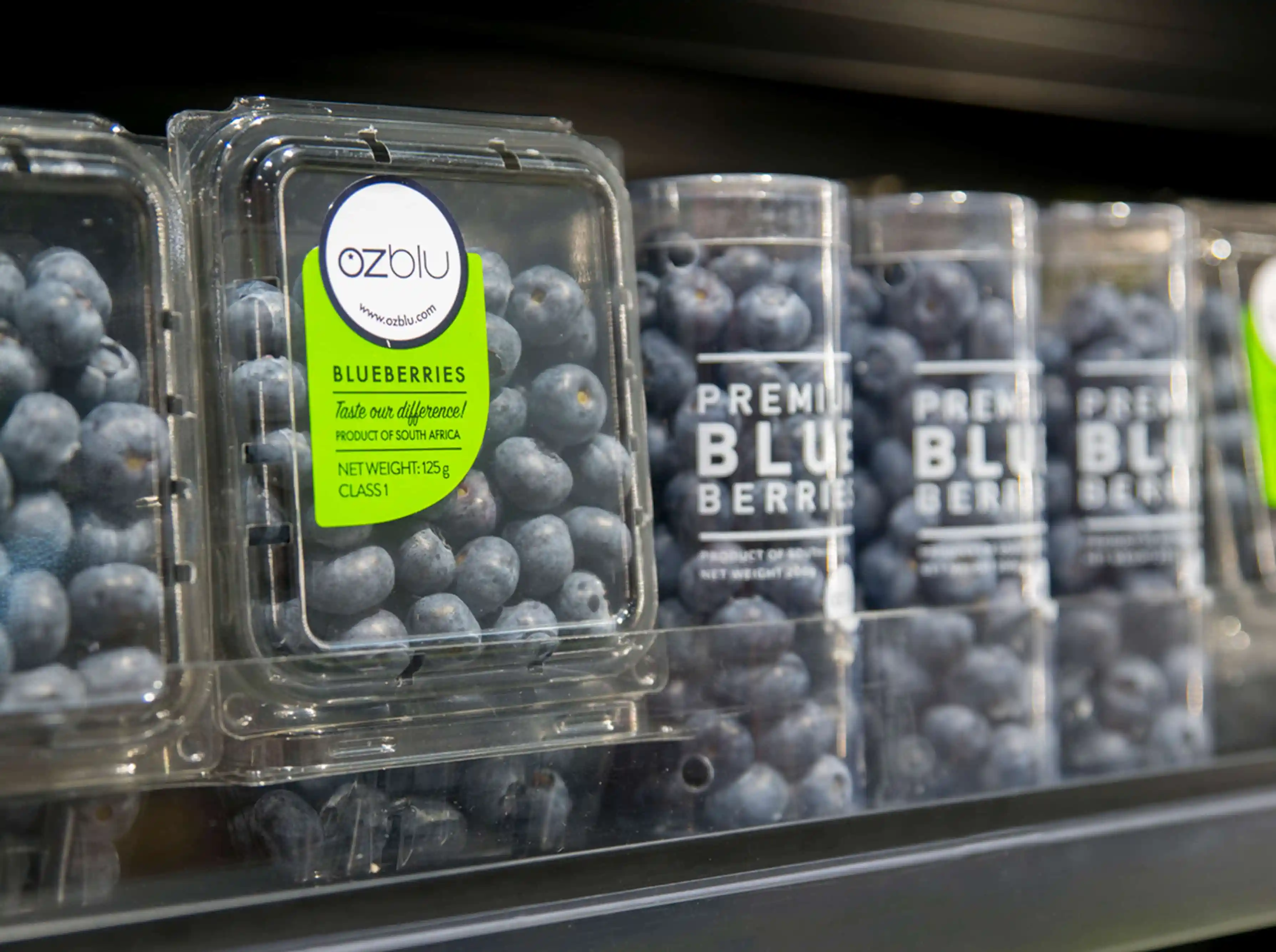Mexican scientists are aiming to develop a new variety of blueberries that adapts to the climates of Mexican regions, thus reducing the need for cold weather conditions essential for the fruit's growth. Varieties from other countries, with environments different from Mexico, often fail to adapt adequately.
Scientists' priority: creating local varieties
Developing varieties directly in Mexico is a priority for researchers, who believe they will have an adaptive advantage over varieties selected elsewhere. J. Lucina Romero, a researcher at the Interdisciplinary Research Center for Regional Integral Development, Sinaloa Unit (CIIDIR Sinaloa), of the National Polytechnic Institute, is focusing on the genetic improvement of fruit species, particularly citrus and blueberries.
A promising progress for sustainable agriculture
This development promises not only to improve blueberry production but also to offer a sustainable solution in the face of climate variations that affect traditional crops.
How will this new variety be created?
Scientist Lucina Romero aims to make crops more resilient to climate change. One of the biotechnological techniques used by Mexican researchers is polyploidization.
What is polyploidization?
A polyploid organism is one whose genome contains more than two complete sets of chromosomes. For example, humans are diploid organisms, as women produce haploid eggs, and men produce haploid sperm, which, when united, form a new diploid organism.
The benefits of polyploidization for agriculture
Polyploidization can create seedless fruits. Lucina Romero highlights several advantages of this process for agriculture, including the creation of dwarf plants, which facilitate handling and harvesting. Additionally, polyploidization can increase the number of fruits, leaves, and plants, while also providing greater tolerance to abiotic stresses like rising temperatures.
How polyploidization is applied
Polyploidization can be artificially induced through physical or chemical treatments. In laboratories, researchers have used chemical processes like colchicine, a substance that inhibits the metaphase of the cell cycle during mitosis. This allows an increase in the genetic content of the plants, making them more resilient and better suited to specific environmental conditions.
Benefits for fruit quality and marketability
In addition to creating seedless fruits, polyploidization enhances the color of the fruits and can modify flowering time, allowing fruits to ripen faster and be marketed more efficiently.
The importance of scientists' work for growers
About 80% of the blueberry varieties used are protected by patents, meaning that farmers must pay royalties ranging from $0.20 to $0.75 (0.18-0.70 €) per plant. In Mexico, this could result in significant costs for those growing intensively over large areas.
Blueberry production in Mexico
In Mexico, blueberries are grown in states like Jalisco, Michoacán, Baja California, and Sinaloa. The latter state produced 9,000 tons in the 2021-2022 season, with 97% exported to the United States. Mexican blueberries are exported to 34 countries, and Sinaloa is one of the main producers, with about 9,130 tons harvested from 1,400 hectares of cultivated land.
Reducing costs and improving competitiveness
Since Mexico is a leading country in blueberry exports, it could generate higher profits by cultivating a variety better adapted to its climate conditions. This would reduce the margin of error and eliminate the need to pay royalties for imported seeds.
Source: Infobae
Image by Konstantin Kolosov from Pixabay








